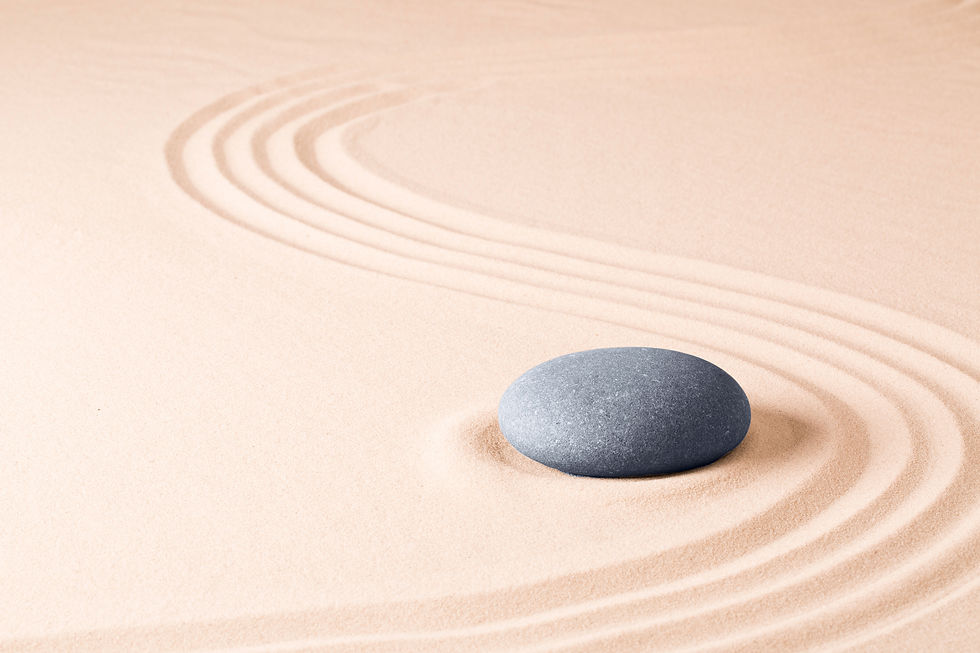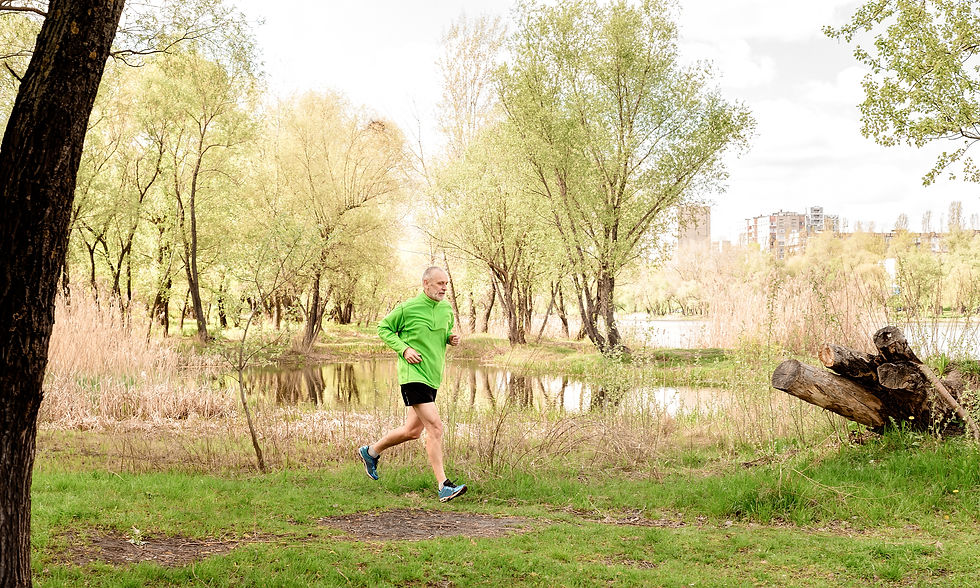Help for your grieving heart
Healing Actions
In grief, tasks that ordinarily would be automatic, like getting out of bed, carrying on a phone conversation, or cooking a meal, become burdensome, sometimes impossible. Grief can leave you feeling like you are a stranger in your own life, unable to function, stuck. Meanwhile, the rest of the world goes on as if nothing has happened, leaving you feeling even more disconnected and alone.
The solution is daily actions, sometimes very small ones, that prove to you that you are getting somewhere. It is enough to do one deliberate thing each day to establish normalcy, or novelty, to wake you up a little or soothe your senses. Such actions are evidence that you are finding your footing.
What follows is a list of actions others have found useful. They may provide a good place to start. The hope is that at the end of each day you will be able to point to several things that engaged you with life and moved you along.
You may even decide to keep track of them in a list or journal so you can watch yourself progress. It may take enormous effort on some days, but in the long run will be worth it.
Daily actions are the building blocks of your comeback, and may help you discover that you are stronger and more resilient than you thought.
Click each box below for actions you can take. What sounds good to you today?

To practice rituals to give shape to your days and weeks and months: ▪ Meditate at the beginning or the end of the day ▪ Journal about thoughts, feelings, actions taken during the day ▪ Visit a significant place once a month ▪ Create new practices for upcoming holidays to include the memory of your missing loved one

To calm fears: ▪ Identify the grieving person you most admire and notice what they do that works ▪ Read memoirs of other successful grievers

To soothe anxieties: ▪ Exercise every day ▪ Practice deep breathing ▪ Take mini-vacations through the day to relax your mind and muscles for 5 minutes ▪ Play your favorite music for 10 minutes

To feed your spirit: ▪ Meditate or pray each day ▪ Listen to a guided imagery tape ▪ Interact with nature

To feed your mind: ▪ Join a book discussion at the library or join a book group ▪ Watch “Jeopardy!” ▪ Attend a lecture or author reading

To feed your body: ▪ Run or walk, with a pedometer to keep track of your progress ▪ Swim ▪ Take up yoga, Pilates, aerobic classes ▪ Ride bicycle ▪ Ski ▪ Get a massage ▪ Invite special friends over and prepare a meal together ▪ Take a hot bath

To step into the world: ▪ Volunteer for a local project ▪ Make a new friend ▪ Join a support group

To express yourself: ▪ Tell stories ▪ Create art ▪ Play music or sing ▪ Write a journal, memoir piece, fiction, poetry ▪ Talk to support people, share your newest insights ▪ Write down 3 things you are grateful for

To remember: ▪ Set up a memory shelf of important items ▪ Go through photographs, letters ▪ Talk with loved ones about the deceased ▪ Write a letter to your deceased loved one ▪ Fill a memory jar with notes of special memories that come to you

To consider the future: ▪ Visit the travel section at the library ▪ Plan an outing ▪ Plan a trip, alone or with others ▪ Research volunteer humanitarian group trips ▪ Set a new goal each Monday, evaluate each Sunday ▪ Start your ethical will

To find novelty: ▪ Take a class in something brand new to you ▪ Sign up for a hobby-based group ▪ Go to a museum

To find comfort: ▪ Return to a sport or activity you used to enjoy ▪ Establish a special place at home you can retreat to at special moments ▪ Keep a Help Yourself Jar filled with tasks, ideas for activities to try, challenges for yourself, to go to when you are at loose ends